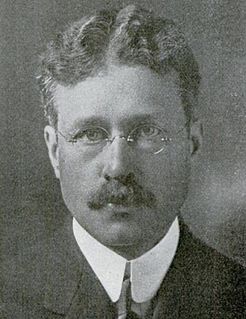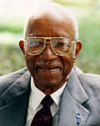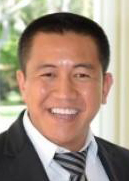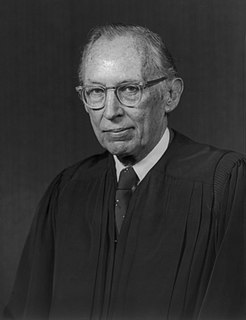A Quote by John Hope
We must get beyond textbooks, go out into the bypaths... and tell the world the glories of our journey.
Related Quotes
On the other hand, whatever condition we are in, we must always do what we want to do ,and if we want to go on a journey, then we must do so and not worry about our condition, even if it's the worst possible condition, because, if it is, we're finished anyway, whether we go on the journey or not, and it's better to die having made the journey we've been longing for than to be stifled by our longing.
To find anything comparable with our forthcoming ventures into space, we must go back far beyond Columbus, far beyond Odysseus-far, indeed, beyond the first ape-man. We must contemplate the moment, now irrevocably lost in the mists of time, when the ancestor off all of us came crawling out of the sea.
The spiritual journey is one that we must take "alone together," in the same way that a good marriage involves a dance between solitude and communion. The life of the spirit entails a continuous alternation between retreating into oneself and going out into the world: it's an inward-outward journey. There is a solitary part to it, but that solitude helps us to develop richer and more in-depth relationships with our friends, our children, our community, and the political world.
When you know something or someone in your life is unhealthy or unproductive, that you have grown beyond where they are and where they want to keep you, you must let go. If you tell yourself you do not see it when you do, or if you tell yourself it will get better, you are not being honest with yourself. Stop trying to fix things or change things. Simply let go.
What do you do when it seems as if people want to stay in their pain. They have a story to tell and they tell you every chance they get. Well, believe it or not, they may like where they are. Our job is to leave them there. You can point the way out of pain, but you cannot force them to get out. You can support the move beyond their limitations, but you cannot make the move for them.
We have seen the civil rights movement insist on re-writing many of the textbooks in our universities and schools. The labor unions likewise insist that textbooks be fair to the viewpoints of organized labor. Other interested citizens groups have not hesitated to review, analyze and criticize textbooks and teaching materials.
But again and again, we should reflect back to the darkness of the cocoon. In order to inspire ourselves forward, we must look back to see the contrast with the place we came from. You see, we cannot reject the world of the cocoon - which out which we may create a new cocoon. When we see the suffering that occured in the old cocoon, that inspires us to go forward in our journey of warriorship. It is a journey that is unfolding within us.
The only things in which we can be said to have any property are our actions. Our thoughts may be bad, yet produce no poison; they may be good, yet produce no fruit. Our riches may be taken away by misfortune, our reputation by malice, our spirits by calamity, our health by disease, our friends by death. But our actions must follow us beyond the grave; with respect to them alone, we cannot say that we shall carry nothing with us when we die, neither that we shall go naked out of the world.



































